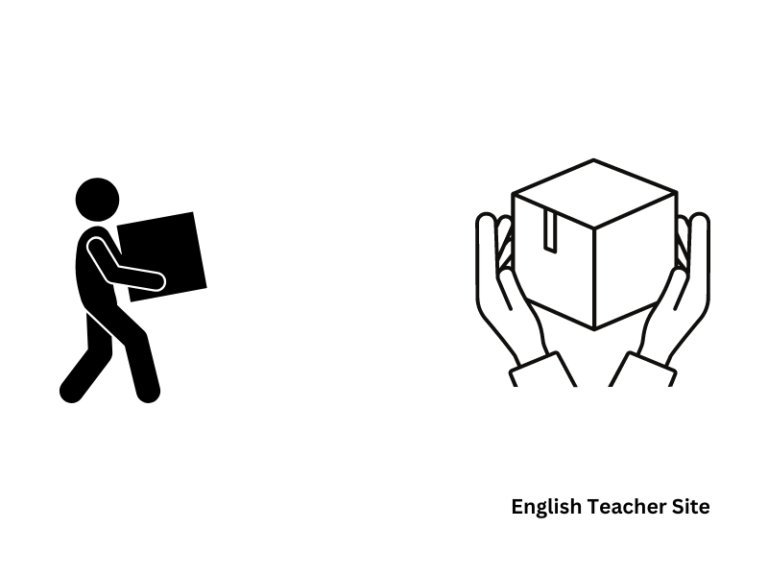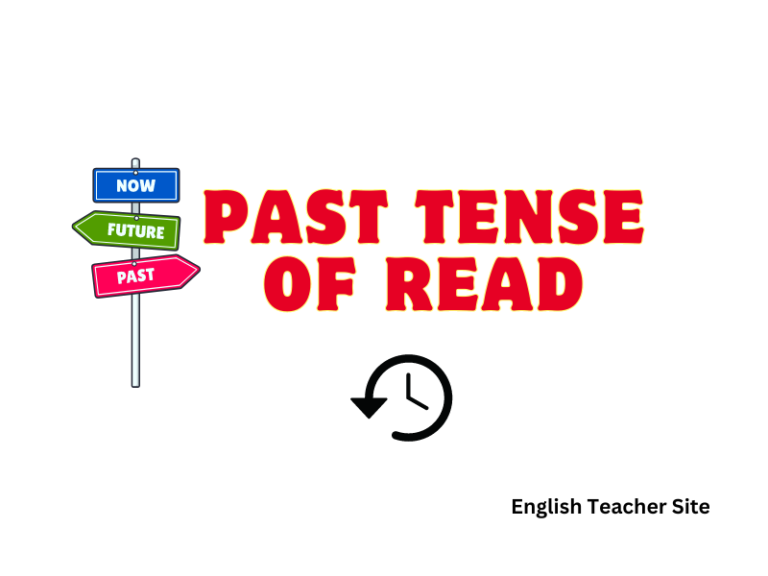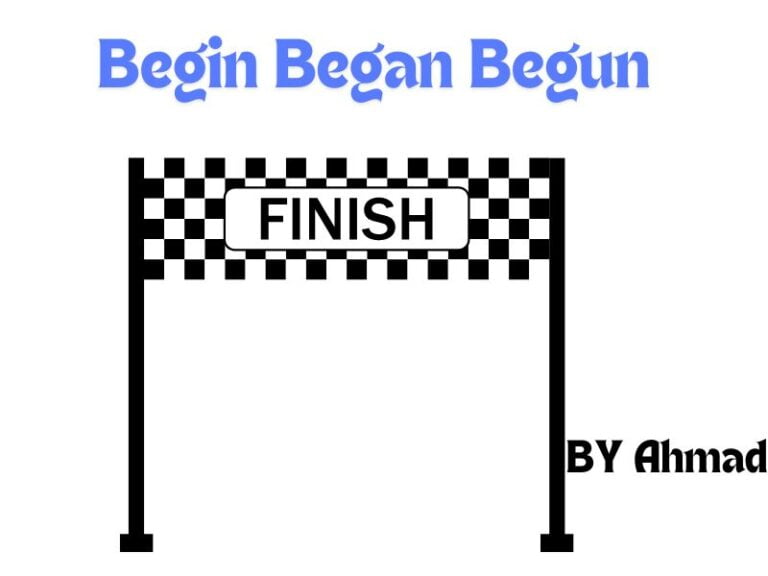Sweeped or Swept: Understanding the Correct Past Tense of “Sweep”

- “Swept” is the correct past tense form of “sweep,” not “sweeped.”
- English includes both regular and irregular verbs, affecting their conjugation.
- Proper verb conjugation is essential for grammatical accuracy in English.
The correct past tense of “sweep” is, in fact, “swept.” This irregular form does not follow the standard pattern of simply adding -ed to the base verb. Many English verbs, including “sweep,” undergo more complex changes when conjugated.
Forms of “sweep”
“Sweep” belongs to a category of English verbs known as irregular verbs, which means it does not follow the standard pattern of taking an -ed suffix to form its past tense and past participle forms. This section will present the different forms of “sweep.”
Present Tense
- Base Form: sweep
- Third Person Singular: sweeps
- Gerund/ Present Participle: sweeping
Past Tense
The past tense of “sweep” is swept, not “sweeped.” This common irregular formation is important to remember when using the verb in the past.
Past Participle
Similarly, the past participle form is also swept. This form is used in perfect tenses and the passive voice.
Future Tense
Future constructions of “sweep” use “will” before the base form, as in “will sweep.”
Below are two tables illustrating the conjugation of “sweep” in the past, present, and future tenses:
Table 1: Simple Tenses of “Sweep”
| Tense | Form |
|---|---|
| Present | sweep/sweeps |
| Past | swept |
| Future | will sweep |
Table 2: Perfect Tenses of “Sweep”
| Tense | Form |
|---|---|
| Present Perfect | has/have swept |
| Past Perfect | had swept |
| Future Perfect | will have swept |
Sweeped or Swept – What’s the past tense of sweep?
Let’s clarify this common grammatical question with precision and brevity.
Correct Past Tense:
“Swept” is the correct past tense form of “to sweep,” an irregular verb in the English language. Unlike regular verbs that simply add -ed to form the past tense, irregular verbs follow their own unique patterns.
Here’s a simple breakdown of the verb tenses for “sweep”:
| Infinitive | Past Tense | Past Participle |
|---|---|---|
| to sweep | swept | swept |
Conjugation Examples:
In context, these usages might look like:
- “Yesterday, she swept the floor.”
- “The wind had swept away the leaves.”
Incorrect Past Tense:
The form “sweeped” is incorrect and should be avoided. To remember this, consider these bullet points:
- “Weep” becomes “wept,” not “weeped.”
- “Keep” becomes “kept,” not “keeped.”
By associating the correct past tense “swept” with other similar irregular verbs, one can more easily recall the proper usage.
Irregular Verbs in English
Irregular verbs do not follow standard conjugation patterns. Instead, these verbs often undergo vowel shifts or may completely change in their past forms. Common irregular verbs include go (went), come (came), see (saw), and sweep (swept). Mastering these requires memorization and practice.
Regular Verbs and Patterns
Conversely, regular verbs follow a predictable pattern, typically involving the addition of “-ed” or “-d” to form the past tense. Examples include clean (cleaned), play (played), and want (wanted). These patterns can often be reliably applied to any regular verb to obtain its past form.
Mistakes to Avoid
When working with verbs like sweep, common errors include using non-standard past forms. It’s important to remember the correct conjugation and pronunciation to avoid mistakes such as “sweeped” instead of “swept.” Be attentive to irregularity in English verbs to ensure correct usage.
- Incorrect: She sweeped the room.
- Correct: She swept the room.
Focus on the regular and irregular patterns in the English language for a clear understanding and proper use of verbs in all their forms.
Examples of “sweep” in the simple present tense
In English grammar, verbs are fundamental, and using them correctly is a sign of strong language skills. The verb “to sweep” is often used to describe the action of cleaning an area by brushing away dirt, leaves, or other loose materials. In the simple present tense, “sweep” is used to talk about habitual or regular actions. Here are some examples illustrating its use:
Regular Statements:
- She sweeps the kitchen floor every morning.
- It sweeps the debris into a small pile.
Negative Statements:
- He does not sweep the porch during winter months.
- The machine does not sweep the corners well.
Questions:
- Do you sweep your driveway regularly?
- Does the wind sweep the leaves off the sidewalk?
Usage in Sentences
| Subject | Verb (to sweep) | Object/Complement |
|---|---|---|
| He | sweeps | the floor |
| She | sweeps | the garden path |
| It | sweeps | the dusty shelf |
| They | sweep | the garage |
Contextual Examples
- In offices, cleaners sweep common areas to maintain cleanliness.
- Janitors regularly sweep school hallways after hours.
Using “sweep” properly in the simple present tense helps convey actions that are routine, factual, or general truths. Remember that with third-person singular subjects (he, she, it), the verb takes an “-s” at the end.
Example sentences of “swept” in the past tense
As an English teacher, it’s important to recognize the correct past tense of the verb “sweep.” “Swept” is the proper past tense and past participle form. Below are sentences demonstrating the use of “swept” in context:
Simple Past Tense:
- She swept the leaves off the sidewalk.
- The gust of wind swept away the papers.
Past Perfect Tense:
- By the time we arrived, the cleaners had already swept the floor.
Past Continuous Tense:
- He was swept along by the crowd.
Usage in passive sentences:
- The broken vase was swept up quickly.
The following tables provide further examples in different grammatical contexts:
Table 1: “Swept” in affirmative sentences
| Subject | Verb | Complement |
|---|---|---|
| The winds | swept | the coast clear of debris. |
| She | had swept | the competition. |
Table 2: “Swept” in negative and question sentences
| Sentence Type | Example |
|---|---|
| Negative | The hurricane had not swept the boat away. |
| Question | Had the janitor already swept up the glass? |
To absorb these examples:
- Notice the bold keywords denoting the use of “swept.”
- The tables categorize the sentences into affirmative, negative, and question forms.
- Consider how the tense changes the implication of when and how the action occurred.
Remember, “swept” is the correct form to use for the past actions of sweeping, and these examples should help illustrate its proper usage.
Example sentences of the past participle “swept”
Precise language usage is essential when crafting sentences, especially with irregular verbs. The past participle form of “sweep” is “swept,” not “sweeped.” Below are illustrative sentences utilizing “swept” effectively.
Regular Verbs vs. Irregular Verbs
| Regular Verbs | Irregular Verbs |
|---|---|
| walk – walked | sweep – swept |
| listen – listened | fly – flown |
Using “swept” in passive voice:
- The floor was swept by the janitor.
- The old leaves had been swept into a pile.
Narrative Sentences
- She swept into the room, her presence immediately commanding attention.
- The novel’s ending swept us away with its unexpected twist.
Using “swept” in perfect tenses:
- They have swept the competition, securing first place.
- By the time we arrived, the cleaners had already swept the entire building.
Bullet Points with “Swept”
- The award-winning documentary swept the film festivals, earning multiple accolades.
- Economic reforms swept through the country, altering the financial landscape.
- Memories swept over him as he looked through the old photographs.
In these sentences, “swept” signifies the action as completed, whether in the past or as a condition affecting the present. It is crucial to use “swept” appropriately to convey a clear and accurate message.
Phrases with “sweep”
When discussing past tense usage of the verb ‘sweep,’ we encounter various phrases that employ the verb in its correct past form, which is ‘swept’.
Table 1: Common Phrases with “sweep”
| Phrase | Meaning |
|---|---|
| swept away | To be overwhelmed by a feeling or situation. |
| swept under the rug | To hide a problem or avoid dealing with it. |
| swept off one’s feet | To be completely infatuated or in love with someone. |
| swept along | To be carried involuntarily by something’s momentum. |
These phrases demonstrate how ‘swept’ is used within idiomatic expressions to convey different concepts, ranging from emotional experiences to the act of concealing something.
Table 2: Latter Half of Phrases
| Phrase | Meaning |
|---|---|
| a clean sweep | Winning all possible awards or contests. |
| to sweep the board | To win everything in a competition, to take all the prizes. |
| to sweep out | To clean out a space thoroughly. |
| to be swept off one’s feet | To be amazed or carried away, typically by love or passion. |
It is imperative to note that the past tense ‘swept’ is used rather than ‘sweeped,’ which is considered a common error. Phrases like “to be swept off one’s feet,” require the accurate usage of the past tense to maintain grammatical correctness.
- The verb ‘sweep’ also appears in practical contexts. For example:
- “He swept the floor after the party.”
- “The waves swept away the sandcastle.”
- “The gust of wind swept her hat off her head.”
Through these expressions and examples, one can observe how ‘sweep’ integrates into various facets of language, exemplifying a range of actions and emotions.
Source
Harper, Douglas. “Etymology of sweep.” Online Etymology Dictionary, https://www.etymonline.com/word/sweep.
“sweep aside.” Farlex Dictionary of Idioms.
https://idioms.thefreedictionary.com/sweep+aside
My name is Khamis Maiouf. I am the creator of the English Teacher Site, dedicated to providing valuable resources and insights for students around the world. With a passion for education and a commitment to helping students enhance their skills, I aim to make English teaching more effective and enjoyable for both educators and students.






